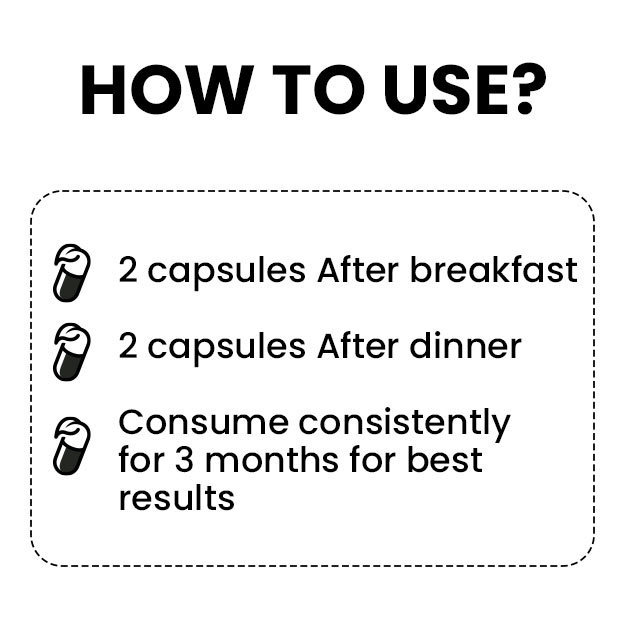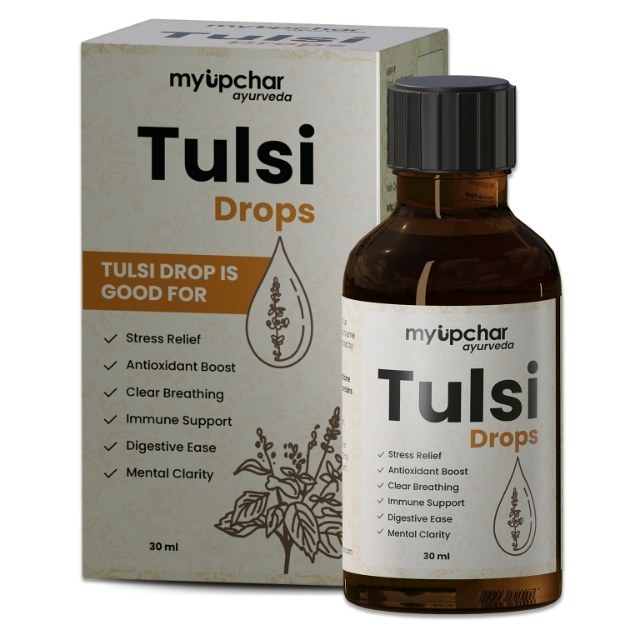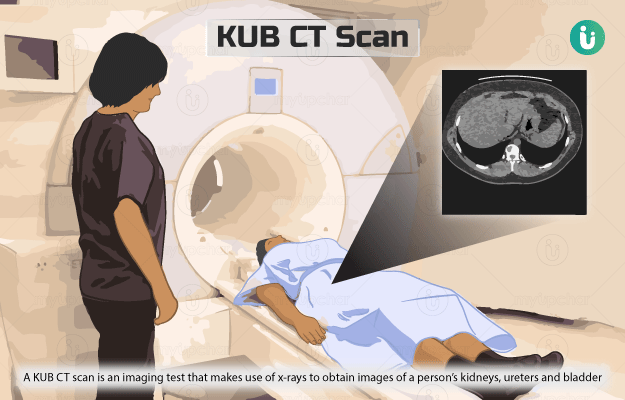What is a Cancer Antigen 125 test?
Cancer antigen 125 (CA) is a protein present on the surface of cancer cells of the ovary; hence, it can be useful as a tumour marker for the detection of ovarian cancer. CA 125 test evaluates the amount of CA 125 antigen in blood.
However, this test lacks specificity and sensitivity, as it is not very accurate in screening ovarian cancer. There are other conditions that can increase CA 125 levels in blood. Also, certain variants of ovarian cancer cells, which do not exhibit CA 125 antigen. Yet, it is quite useful in detecting ovarian cancer in high-risk patients.





























